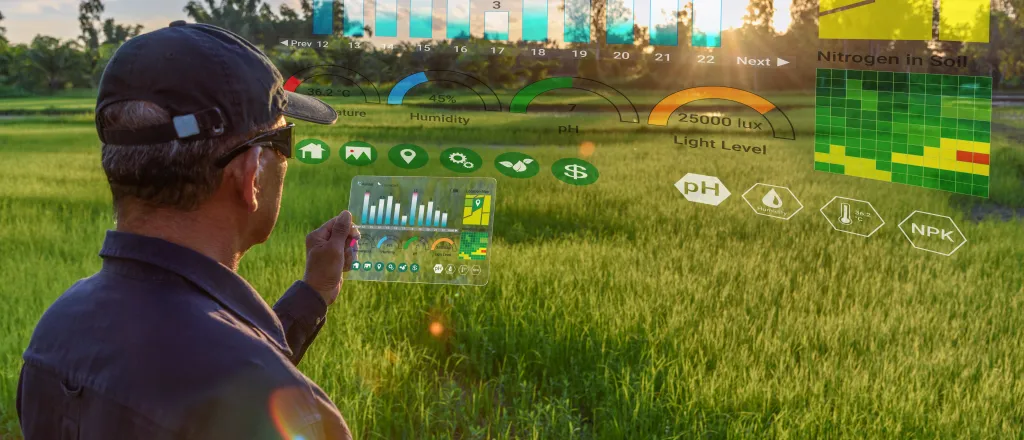
Regulatory, tribal impacts hang over North Dakota's corporate farming debate
(Prairie News Service) North Dakota's plan to boost animal agriculture has reignited a thorny issue: loosening restrictions on corporate ownership of farms. The state said it's about competition, but there are renewed concerns about environmental setbacks, as well as tribal considerations.
A bill in the Legislature would bring some big changes to a decades-old law prohibiting corporations from owning North Dakota farmland. Exemptions would essentially be applied to cattle, hog and poultry feedlots and dairies.
Scott Skokos, executive director of the Dakota Resource Council, worries the state does not have the regulatory capacity to monitor a potential influx of factory farms.
"I don't necessarily think that we have robust enough rules for us to really welcome an industry that will come in [here] in large scale, most likely," Skokos pointed out.
He contended if regulations lag behind development, waterways would become polluted and air quality would suffer. Tribal advocates worry about dumping of waste near reservations, pointing to examples from the fossil-fuel industry.
The state's agriculture commissioner told a House committee it is about having companies partnering with local farms, while noting there would still be restrictions.
The bill includes a limit of 160 acres in setting a business structure for corporate ownership.
Nicole Donaghy, executive director of North Dakota Native Vote, said such a property can still hold a lot of animals and is not sustainable. She also argued corporations would be able to work around the limitations.
"All it takes is creating another subsidiary in order to obtain another 160 acres," Donaghy asserted.
Her group's research showed it means up to 2,600 farms could be used to gain a competitive advantage.
Meanwhile, state leaders have testified extra manure from the operations could improve soil health. Skokos acknowledged while it is true, the risks are far greater.
"The volume that we're looking at if we get to the scale that people want to get to in North Dakota would be very damaging," Skokos emphasized.
Leaders in Bismarck have argued the state needs to complement its grain production by making significant gains in livestock, noting North Dakota is falling behind neighboring states. The bill is expected to see more debate in the coming weeks.

















